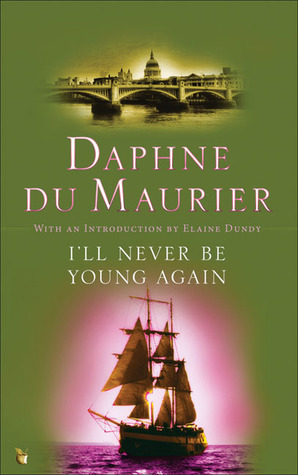What do you think?
Rate this book


304 pages, Paperback
First published January 1, 1932

"A torrent of sound like a song in our ears."
"She was there, part of my background, there when I needed her [for sex]."
It seemed strange that life must go on without our need for it.
‘Jake, I don’t want ever to be old. I want always to get up in the morning and feel there’s something grand lying just ahead of me, round the corner, over a hill. I want always to feel that if I stand still, only for a minute, I’m missing something a few yards away. I don’t want ever to find myself thinking: “What’s the use of going across that street?” That’s the end of everything, Jake, when looking for things doesn’t count any more. When you sit back happily in a chair, content with what you’ve got - that’s being old.’
‘There’s no need to get that way. It’s your own thoughts that keep you young, Dick. And age hasn’t anything to do with it. It’s a question of your state of mind.’
It was hopeless the way time did not stand still, not for a fraction of a second, that there was never an occasion when I could grasp the whole intensity of pleasure, examining it, breathing it, holding it softly with my hands and saying: ‘Now I am living, now . . . now . . .’ It was nothing but a series of flashes quivering before my eyes, dancing themselves away.
I wondered why I had ever despised these things, why they had once seemed pitiful and absurd. I wondered why the placidity of a home seemed necessary to me now, and why I no longer yearned for the turmoil of a ship upon the sea.
I did not know if it was I who had changed, or the world that had changed about me, but so it was, and I could not call back the dreams that had gone from me.